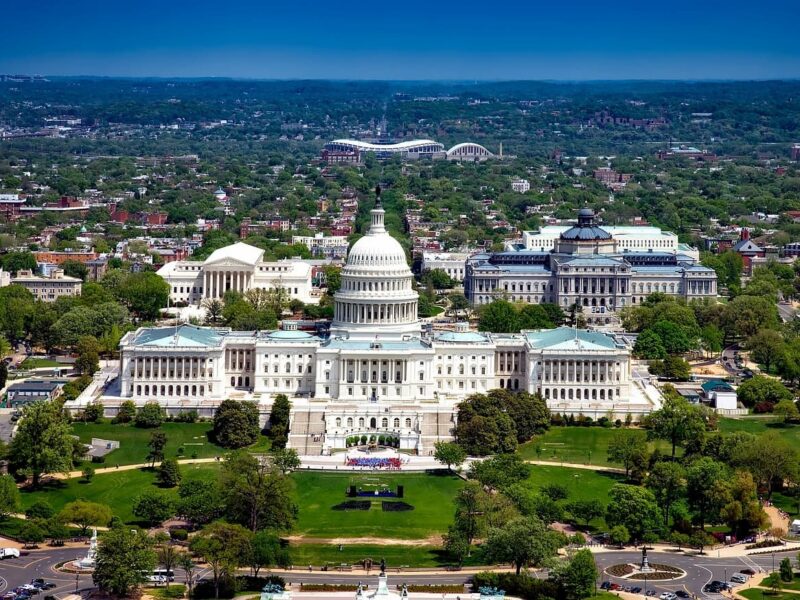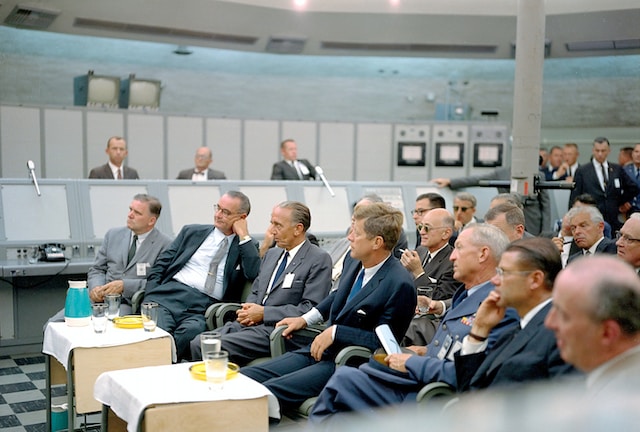In the second half of the twentieth century. The United States secured a leading position in the world economy and began to actively use the foreign economic factor in its domestic policy. The beginning of the 21st century confirmed the desire of American business to strengthen its position in world markets.
The modern stage of world development is characterized by the fact that the size and level of the national market are important factors of global influence. America’s security of its own resources relatively restrains the growth of dependence on external sources and gives sufficient freedom for the country’s macroeconomic policy. But demand in America’s national market, which is the largest in the world, determines the sale of goods and services to many nations, especially finished goods and those raw materials with which the US economy depends on imports.
With the highest GDP in the world, America spends more than any other country on current consumption and investment.
America has the most advanced engineering industry in the world but, in spite of this, it buys most of its technical equipment.
Since the U.S. domestic market is as open as possible to all types of equipment between importers there is fierce competition, which lowers the price of imported products. This situation allows the U.S. to buy foreign goods at lower prices and the money saved on the development of higher high-tech technology. Therefore, compared with other countries, the U.S. can afford a relatively low volume of exports of its own products.
But for the most part the U.S. sells expensive high-tech products. Nevertheless, U.S. economic policy has recently been changing slightly, there is a turn from trade to closer economic ties with other countries.
Until now, the dollar has served as the standard against which all currencies of developed countries are measured. This is because in the international economy there is an objective need for a single universal means of payment. This means of calculation can be only the national currency of the country, which has a leading role in the world economy. This country is the United States. Changes in the dollar’s exchange rate have consequences for the United States and other countries. An increase in its exchange rate reduces the amount of export revenue from other countries, because it increases their costs in the formation of the value of their products.
At the same time the U.S. economy, like the economy of any other country, is greatly influenced by the internal political situation. Today the political power in the country belongs to the Republican party. The Republican party is more radical than the other party, the Democratic party. It is more tough on international partners and more liberal in shaping domestic economic policy.



